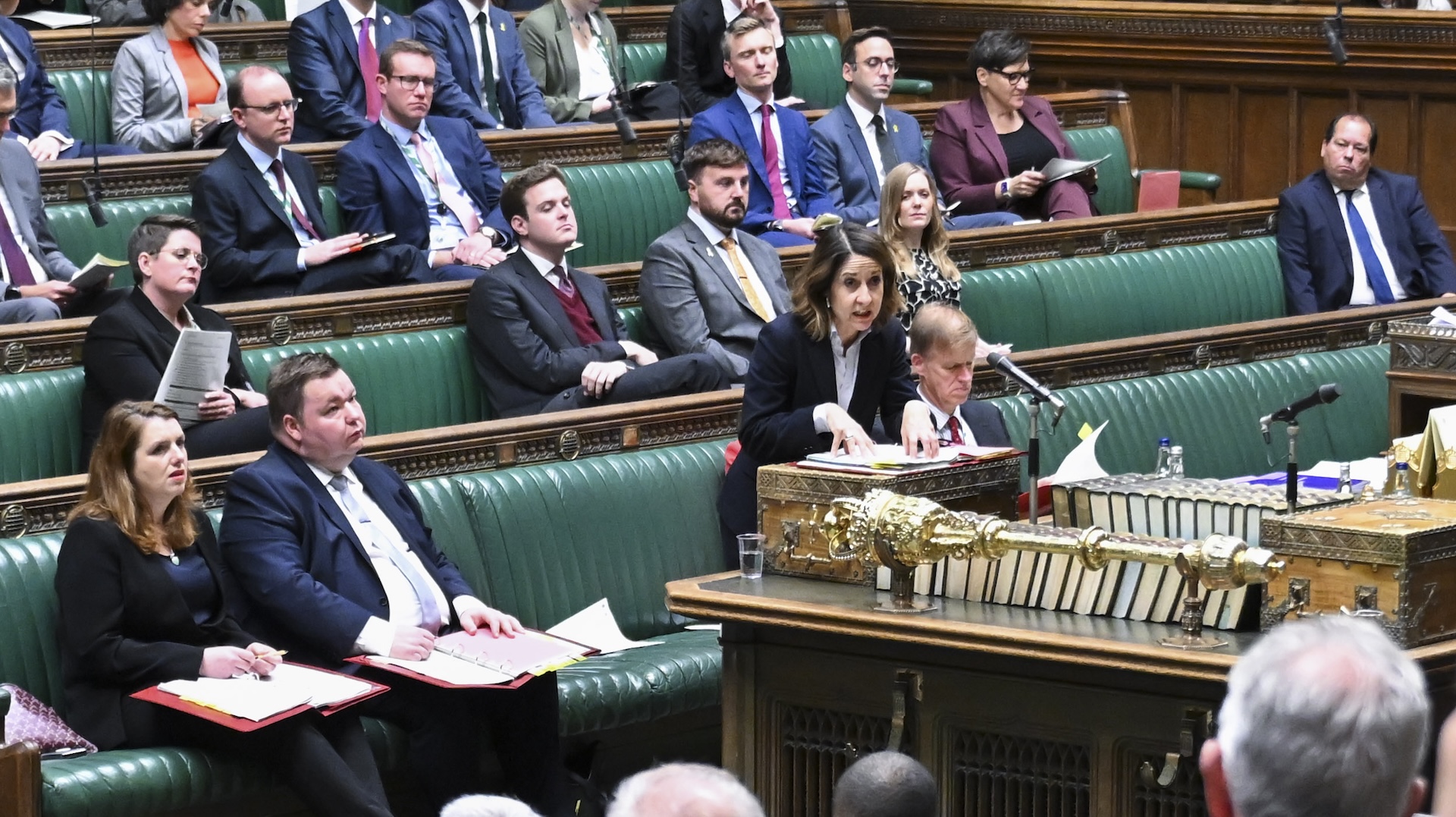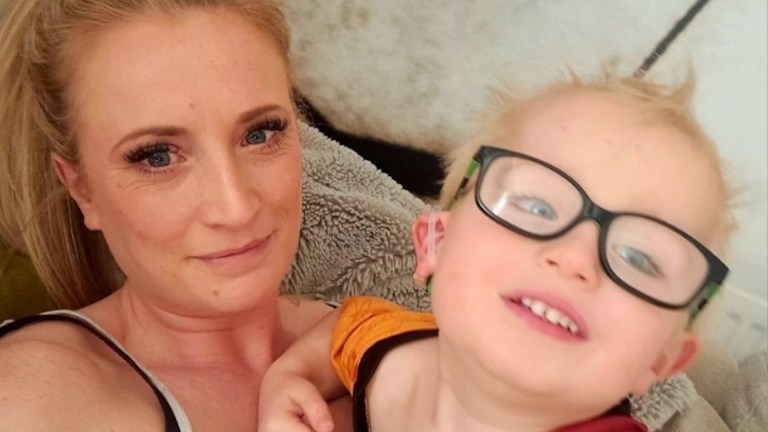As part of the proceedings around the judicial review, lawyers representing the DWP told the High Court on Thursday (31 October) that it had not carried any evaluation of the employment impact or disability impact of any of its proposals before launching the public consultation on 5 September 2023.
DWP lawyers even claimed that one reason for the consultation was specifically to gather information on the likely equality impact of the proposals.
They said the only work on the impact of the plans that was conducted before the consultation launched were audits of 300 previous work capability assessment cases to estimate how many people would be affected, which fed into “uncertain” calculations of potential financial savings from the different proposals that were then communicated to ministers.
After the consultation began, DWP officials adopted policy costings showing the spending and employment impacts of the proposals which fed into the OBR’s subsequent assessment. Officials also began work on a draft equality impact assessment into the proposals, which was sent to ministers on 10 November 2023. None of this was published under the public consultation. The equality impact assessment remains in draft form to this day.
“The DWP’s revelation that they carried out absolutely no employment or disability impact assessment has confirmed my fears: this rushed and disingenuous consultation was just a smokescreen for cuts,” said Clifford. “It was never a legitimate attempt to hear the voices of deaf and disabled people or support them into work.
“In reality, a lot of people will struggle to pay everyday bills if these proposed changes go ahead.”
Advertising helps fund Big Issue’s mission to end poverty
Clifford’s lawyer Aoife O’Reilly, of Public Law Project, said: “Ellen Clifford has maintained throughout her challenge that the true or primary motive behind the consultation was to reduce spending on disability benefits, rather than being about consulting on proposals that would help more deaf and disabled people to enter the workforce or access support with a view to doing so.
“The fact that lawyers for the DWP have now confirmed to the court that no employment or disability impacts were carried out before the consultation began further supports her position that this was a money-saving exercise, disingenuously presented to some of the most vulnerable people in our society.”
The DWP’s plans cut the number of people qualifying for the highest rates of disability benefit via the ‘limited capability for work or work-related activity’ (LCWRA) group.
Disabled people in the LCWRA group do not have to undertake any activities related to finding work, whereas those assessed as having ‘limited capacity for work’ are expected to undertake activities preparing for employment. Those who don’t qualify as either LCWRA or limited capability for work (LCW) are effectively assessed to be non-disabled and must spend up to 35 hours a week actively looking for work or risk having their unemployment benefit cut.
Despite the DWP’s lack of any prior assessment of the employment impact of its proposals, the consultation framed them as a way of helping disabled people into work.
“People assessed as LCW have tailored employment support to prepare for work,” the consultation said. “They do not undertake intensive work search but have tailored work coach support to build confidence or wellbeing, learn skills, or gain help from local provision.
Advertising helps fund Big Issue’s mission to end poverty
“People assessed as LCWRA do not have any requirements to engage with this tailored work coach support. It is not right that so many people are left without support, and we must not hold people back from opportunity.”
The consultation added: “We need to take steps now so that the WCA delivers the right outcomes while it still exists. This includes targeting financial support and employment support fairly and effectively.”
The DWP chose to proceed with three proposals from the consultation, which have yet to be implemented:
- mobility problems will no longer be enough by themselves to qualify as LCWRA
- difficulties getting between two places will score lower in relation to the LCW group
- the substantial risk regulations, under which people whose mental health would be harmed by undertaking work-related activity are placed in the LCWRA group, would only apply in exceptional cases
“15% of new claims awarded LCWRA are now under substantial risk,” the consultation said. “This has the effect of reducing the support provided through Jobcentres to those individuals. We know that periods of inactivity can be detrimental for people, particularly young people, affecting their overall mental health.”
Hundreds of thousands of disabled people would get hundreds of pounds a month less under these reforms than they would at the moment. The measures will not affect existing claimants, but they would impact those applying for the first time from next year, and also anyone who comes off the benefit but then later reapplies for it.
Thursday’s hearing took place because the DWP was trying to resist disclosure of documents regarding departmental evaluation of the impact of its proposals. Last month the High Court ordered these documents should be disclosed to Clifford’s legal team, which the DWP then challenged.
Advertising helps fund Big Issue’s mission to end poverty
However, on Thursday the judge Mr Justice Linden dismissed the DWP’s arguments and reaffirmed the previous order to disclose.
“I am delighted the judge has agreed that the DWP need to hand over these documents,” Clifford said. “Withholding key documents in the context of this legal claim undermines our ability to challenge harmful and dehumanising proposals effectively. Deaf and disabled people deserve clarity and accountability, and to be consulted in a way that is fair, especially when our livelihoods are on the line.
“Rachel Reeves promised to deliver the savings promised by the previous government when they proposed these reforms. We are now asking the government to look beyond the savings and recognise the real people who will be harmed.
“They should not continue with reforms when those impacted were not given any meaningful opportunity to explain why they should not be implemented.”
Clifford’s judicial review is due to be heard on 10 December to 11 December.
A DWP spokesperson said: “The work capability assessment is simply not working. It needs to be reformed or replaced as part of a proper plan to genuinely support disabled people into work – bringing down the benefits bill and ensuring we continue to deliver the savings set out by the previous government.
Advertising helps fund Big Issue’s mission to end poverty
“But these sorts of changes shouldn’t be made in haste. That’s why we’re taking the time to review this in the round before setting out next steps on our approach.”
Labour’s health and disability benefits reforms will be unveiled early next year.
Do you have a story to tell or opinions to share about this? Get in touch and tell us more. This Christmas, you can make a lasting change on a vendor’s life. Buy a magazine from your local vendor in the street every week. If you can’t reach them, buy a Vendor Support Kit.





